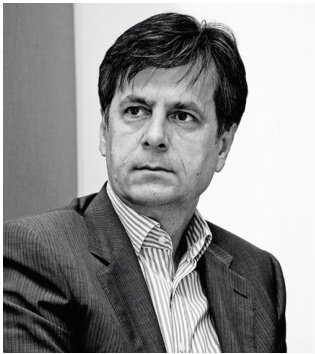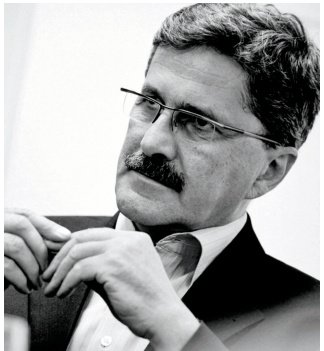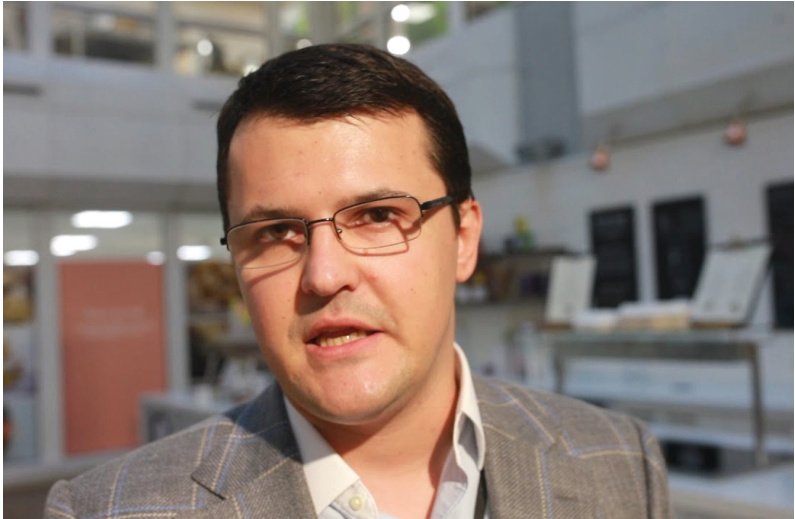We love the future, but we hate uncertainty, and people will do anything they can to reduce uncertainty. Paul Saffo, a technology forecaster.
We are all witnesses that many a forecast about the ‘brave new world’ scheduled for the 21st century simply did not come true – both predictions of doom and unprecedented advancements alike. We do not (yet!) live in the world of the ‘day after’ or wars over drinking water, nor do we fly around in cars, dwell in undersea cities or are teleported to work in paperless offices. However, a lot of the previously unthinkable is here: despite a deeply ingrained scepticism, telecommuting and e-commerce are taking off everywhere.
In business, experts try to envisage both what will happen and how, in order to turn any potential obstacle into a profit-making opportunity. They also take into account the possibility of things unexpectedly going right, such as the US technology boom and the collapse of Communism in Eastern Europe in the 1990s. In these two cases forecasters were blamed for the missed opportunities and loss of revenue. There is also a market for analyses that look further into the future and offer pie-in-the-sky ideas that might eventually become everyday phenomena.
The ubiquitous Internet once used to be just somebody’s wacky idea. On the other hand, it might be just wishful thinking that many of your belongings should soon have embedded information which could, for instance, enable our various pieces of clothing to communicate with each other.




